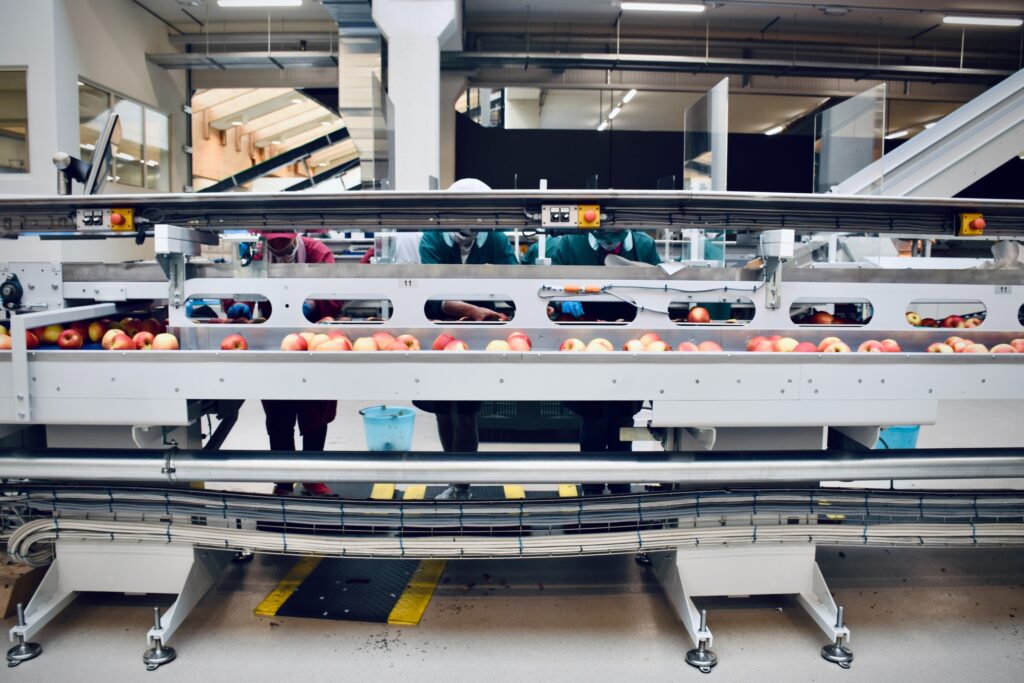An ERP (Enterprise Resource Planning) for the food and beverage industry can be a helpful solution for food companies to be more transparent, and achieve greater efficiency and visibility in the supply chain. Food companies can manage and optimize their business processes – from sales, purchasing, accounting, finance, and production to logistics. Ordering raw materials, processing orders, managing and optimizing recipes, billing, production planning, and a lot more.
ERP systems for food manufacturers also play a crucial role to comply with industry regulations and ensure product traceability and quality control. Consumers expect to have full transparency of their food and an ERP needs to be able to visualize these flows of goods and data.
Accelerate your business growth with a system for the food and beverage industry
Spreadsheets are no longer a practical option for managing a food and beverage business. With Microsoft Dynamics 365, you can bring all components of your business under one platform and address the daily challenges the food and beverage industry encounters.
There are 4 major production concerns in the food and beverage industry:
- Quality control and improvement
- Traceability
- Inventory optimization
- Efficient planning of production and procurement
Regardless of the scale of the company, ERP allows for planning, improving, and documenting the manufacturing and transportation of food products in an integrated management system.
How can Microsoft Dynamics 365 help the food and beverage industries?
The food industry can be complex with food regulations, ingredient traceability, shelf-life tracking, and recipe management. Regardless of your business specialization, Microsoft Dynamics 365 brings the needed features to help your company reach its goals.
Dynamics 365 connects departments and gives you insight, visibility, and the control you need to take your food business to the next level.
- Improve the manufacturing process
- Enable traceability and control over inventory
- Increase production efficiency
- Reduce wastage of raw material to minimize production costs
- Controlling food quality throughout the processes
- Improve end-to-end vendor/supplier management
- Reduce paperwork and eliminate human errors
- Provide access to real-time data
- Induce enterprise-wide visibility and communication
- Optimize operational efficiency
- Maximize sales opportunities
Conclusion
The implementation of an ERP system can benefit a food business in multiple ways: It provides a system that reduces manufacturing waste, improves communications, allows for better planning, and ultimately, increases profitability. For customers, it means they receive the right product of the right quality at the right place and time.
Learn how we can support your growth by assisting you with everything from automation to regulatory compliances, to shelf life and expirations, all with one comprehensive solution.
Want to learn more about Microsoft Dynamics 365? Contact one of our ERP consultants to get a better understanding of how an ERP can help your food company with a digital transformation.
More to read about ERP industries:
- 3 Examples of Different Industries Using ERP
- Industries That Benefit Most from ERP
- This is Why Your Company Needs an ERP Solution Today

